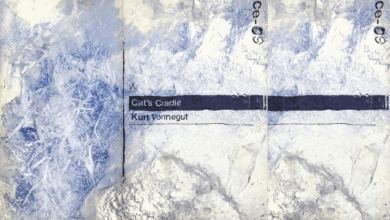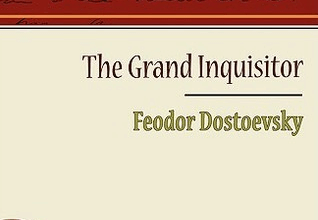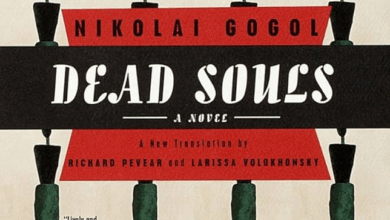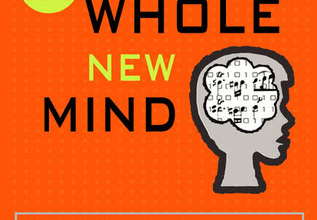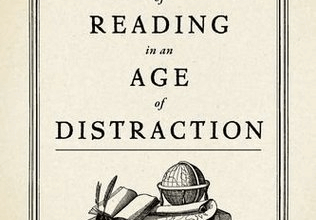The Wrestler Who Couldn’t Gain Weight: When Philosophy Turns Into Preaching
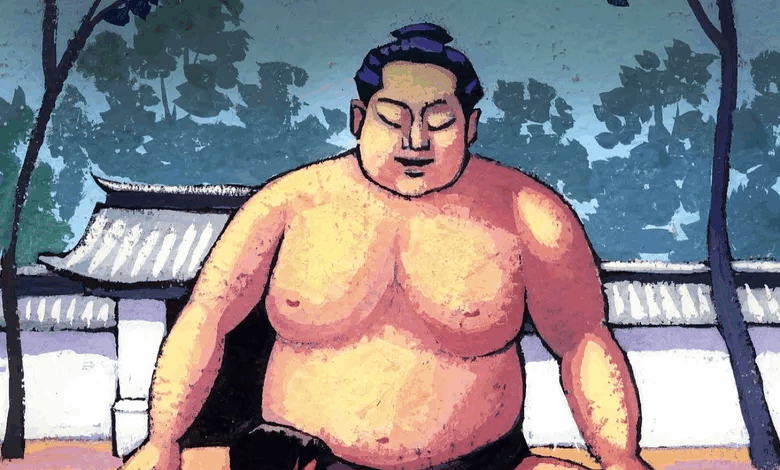
When you see the name Éric-Emmanuel Schmitt, you expect a novel that looks simple on the surface
but hides layers of philosophy, psychology, and quiet introspection underneath. He’s the author who gave us Mr. Ibrahim and the Flowers of the Koran and Oscar and the Lady in Pink; stories that managed to combine tenderness and thought. But The Wrestler Who Couldn’t Gain Weight feels different. For me, it lacks that subtlety and becomes something closer to a parable, or even a self-help fable.
The story follows a Japanese man named Jun, a sumo wrestler who tries desperately to gain weight but can’t, no matter how much he eats. His physical problem soon becomes a metaphor for an inner emptiness — the modern hunger for meaning, fulfillment, and completeness. It’s an intriguing concept, but as the story unfolds, Schmitt replaces psychological depth with moral instruction. Every time he could linger in ambiguity, he jumps to a conclusion. Whenever silence might have been powerful, he fills it with an explanation.
The book feels much closer to Paulo Coelho than to the Schmitt I’ve admired. It carries that same sermon-like tone, those spiritual “aha” moments, and those shiny aphorisms that try to wrap up complex feelings in a single sentence. The structure even resembles Coelho’s signature formula: a restless character embarks on an inner and outer journey, meets a wise mentor, and ends in spiritual enlightenment. The difference is that this pattern is Coelho’s natural territory, while from Schmitt, we expect more resistance, more thought, more doubt.
It seems Schmitt is overly concerned with his “message.” It’s as if he doesn’t trust the reader to grasp the symbols on their own, so he keeps explaining them. The idea of the “thin wrestler” could have been a brilliant metaphor for the modern human; someone endlessly consuming, yet never satisfied — but Schmitt insists on spelling it out. Instead of discovering meaning, we are handed it. The result is a book that feels more like a list of moral lessons than an actual literary experience.
That said, traces of the old Schmitt do appear here and there. In some passages he beautifully captures the tension between body and spirit, the physical exhaustion of training, the quiet pain of failure. Those moments remind you of his gift for sensory detail and atmosphere. But each time the story begins to breathe, it’s interrupted by a generalized moral conclusion.
Stylistically, the novel is short, smooth, and easy to read. The prose flows like a fable, and it will likely appeal to readers who enjoy philosophical simplicity. But for anyone familiar with Schmitt’s earlier works, this one may feel disappointingly light. Compared to The Gospel According to Pilate or The Alternate Hypothesis, The Wrestler Who Couldn’t Gain Weight reads more like the notebook of a Zen instructor than a novel of ideas.
Ironically, Schmitt seems to have fallen into the same trap he was trying to describe; the hunger to be filled too quickly. He too seems impatient to “find meaning” rather than explore it. Yet real thinking, as his own best works have shown, lives in uncertainty. What made his earlier writing so compelling was that tension between faith and doubt, but here, doubt has been replaced by reassurance.
To be fair, the themes still matter: spiritual hunger, the endless pursuit of growth, and the conflict between outer success and inner peace. But Schmitt expresses them in such explicit, easily digestible form that the book starts to sound like a therapy manual. The ending – where Jun finally finds inner serenity — feels less like the climax of a novel and more like the closing session of a mindfulness workshop.
Schmitt wants to tell us that once we let go of our obsessive craving to be “more,” we achieve our true weight; our balance. It’s a good idea, even a wise one, but it’s delivered so directly that it loses its mystery.
I expected the author who used to play gracefully with philosophy to once again balance reason and spirituality. But here he’s too gentle, too certain, too eager to resolve everything. The Wrestler Who Couldn’t Gain Weight ends up being not a philosophical challenge but a spiritual snack; pleasant, but light.
And yet, the book leaves a faint echo worth keeping: that every human being, in some way, is that wrestler; always searching for something to fill an invisible emptiness. Perhaps that’s the real meaning Schmitt wanted to express. I only wish he had trusted us enough to discover it ourselves, instead of announcing it from the very first page.
Goodreads
